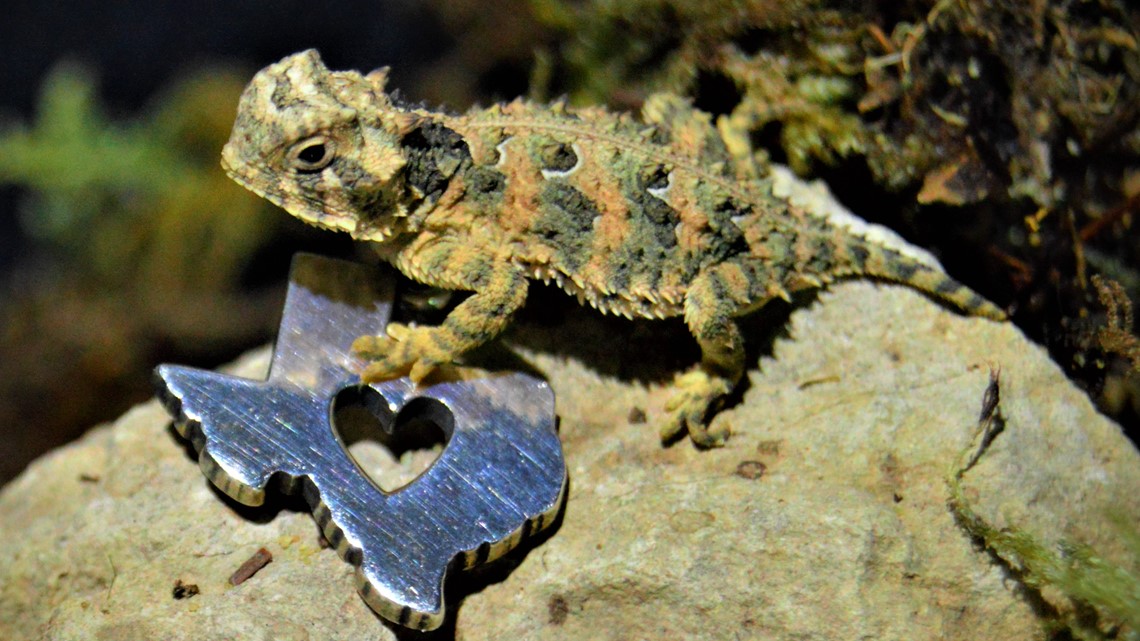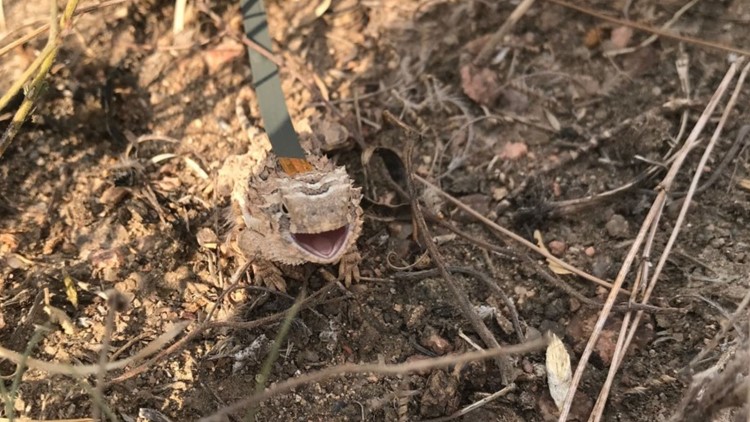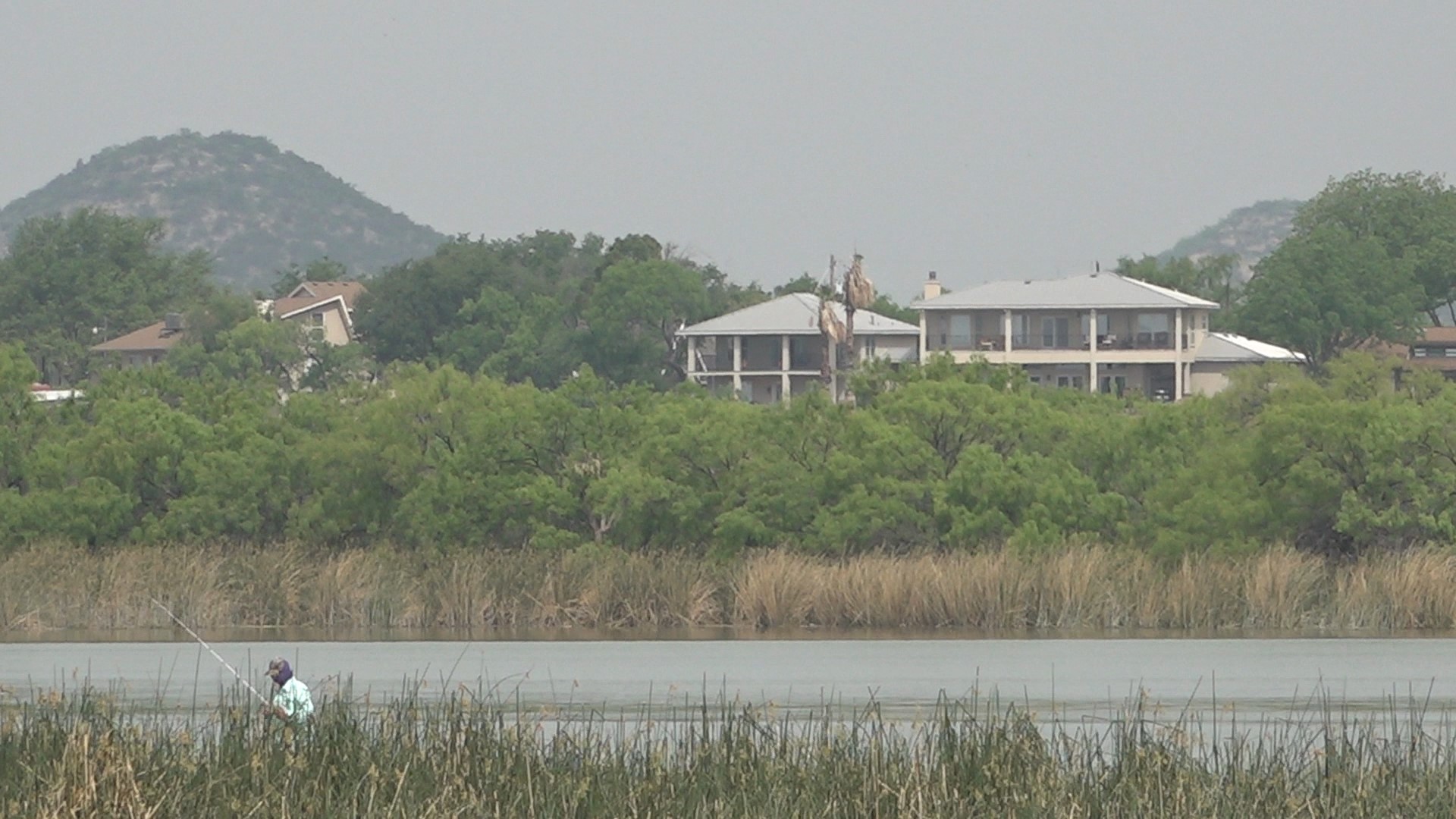FORT WORTH, Texas — Don't call it a comeback.
Actually yes, do call it a comeback.
This week was a big one for anyone interested in Texas Horned Lizards and the survival of the state's official reptile.
A coalition of wildlife scientists, including from the Texas Parks and Wildlife Department and the Fort Worth Zoo, released 204 of the distinct Texas lizards into the wild.
The release happened at the Mason Mountain Wildlife Management Area in the Texas Hill Country, west of Austin.
One hundred of those lizards were hatched at the Fort Worth Zoo, which has the longest-running captive breeding effort in the state and recently saw its 1000th hatching last week.
And why was the release a big deal?
The Texas Horned Lizard Coalition viewed it as another milestone in their decade-long effort to restore the lizard's population in Texas.
The lizards were once common across most of the Lone State State. But for decades, their population declined, and they ended up on Texas' list of "species of concern," up there with the Frio pocket gopher and the Padre Island kangaroo rat.


Researchers attributed the reduction in lizards to a loss of their natural habitat, over time, and the spread of fire ants, which displaced native harvester ants, the lizards' preferred food.
Scientists from Texas Christian University (who else, but the Horned Frogs?) began working on a statewide genetics project in 2008, and the Fort Worth Zoo conducted tests on how to reintroduce lizards to the wild.
Then, from 2014-2018, the researchers moved more than 160 wild horned lizards to the Muse Wildlife Management area and more than 200 captive-bred hatchlings from the Fort Worth and Dallas zoos to Mason Mountain.
Moving lizards from the wild to the wildlife management areas posed its own problems. Many of the lizards were killed by predators, according to the researchers.
As a result, their focus shifted to breeding lizards in captivity at zoos and then releasing hundreds at once
In August of this year, state biologists and TCU grad students were conducting ant surveys at Mason Mountain when they found 18 baby lizard hatchlings of horned lizards. The discovery, they concluded, was evidence that captive-raised hatchlings had survived long enough to begin reproducing, the first time that's ever happened in the wild.
The horned lizards aren't in the clear just yet. Researchers are hoping to continue more restoration work, including another release on Mason Mountain this fall.
The researchers are also pushing Congress to pass the Recovering America's Wildlife Act, which would provide funds to continue and improve conservation efforts.



